The Important Benefits Of Sensory Play

The benefits of sensory play are often understated. Yet, sensory play is one of the most important natural learning experiences for young children.
So what is sensory play, and why is it crucial to childhood development? In this article, you’ll discover the benefits of sensory play for a child’s natural brain development.
What are your most cherished memories as a child?
Perhaps you recall the sweet, lovely smell of your grandmother’s flourishing garden? Maybe you remember the hot pavement of your school’s playground like it was yesterday. Or, perhaps it was the chilly ocean water tickling your toes as you inhaled the brisk scent of the salty sea.
For every vivid memory we hold, we can thank our natural human senses. Most, if not all, of our childhood memories are built upon our ability to see, hear, touch, smell, and taste.

How do our senses relate to childhood play?
Our natural senses provide an open invitation for children to explore their world. In short, sensory play encourages children to discover, learn, and self-motivate to indulge in their curiosities.
Children naturally crave day-to-day activities that utilize all of their senses. Every child is unique in how they indulge in their sensory-seeking needs. Notably, a child should be provided ample opportunities to explore their environment through play.
CHECK ALSO: Things To Teach A 1-Year-Old
How does sensory play benefit my child?
Any child would be fortunate to be born with their five basic senses; sight, smell, taste, hearing, and touch. When children are encouraged to use their senses during play, it provides countless benefits through each stage of their growth.

Boosting Cognitive Development
Sensory play has proven to be very beneficial in optimal brain development. It provides infants and young children ample opportunities for brain development at such crucial stages of their lives.
While genetic factors could be considered the groundwork in brain development, their environment nurtures your child’s learning. These developmental milestones begin from the tender days of infancy, throughout early childhood, continuing to stretch through adulthood.
Notably, some of the most critical developmental opportunities lie in the very early stages of a child’s life. These sensory inputs prompt lasting changes in the brain at this particular period of development. While there are general expectations of a child’s development in each stage of their life, each child is truly unique. The five senses will help set your child on course to normal development in their expected stages of growth.

Enhancing Gross & Fine Motor Skills
It’s natural for parents to feel worried if their child isn’t “hitting” a particular milestone, considering their age. Rest assured, motor skill development can significantly vary among children and is affected by factors such as the child’s body, physical environment, social & cultural influences, and relationships with people. A child’s development in their gross and fine motor skills can be positively affected, given adequate stimulation from their environment, especially while engaging in sensory play. Having access to both familiar and new objects can provide opportunities for your child to explore their environment in numerous ways using their psychomotor skills. The more they utilize these skills, the more prepared they’ll become to conquer various life challenges.
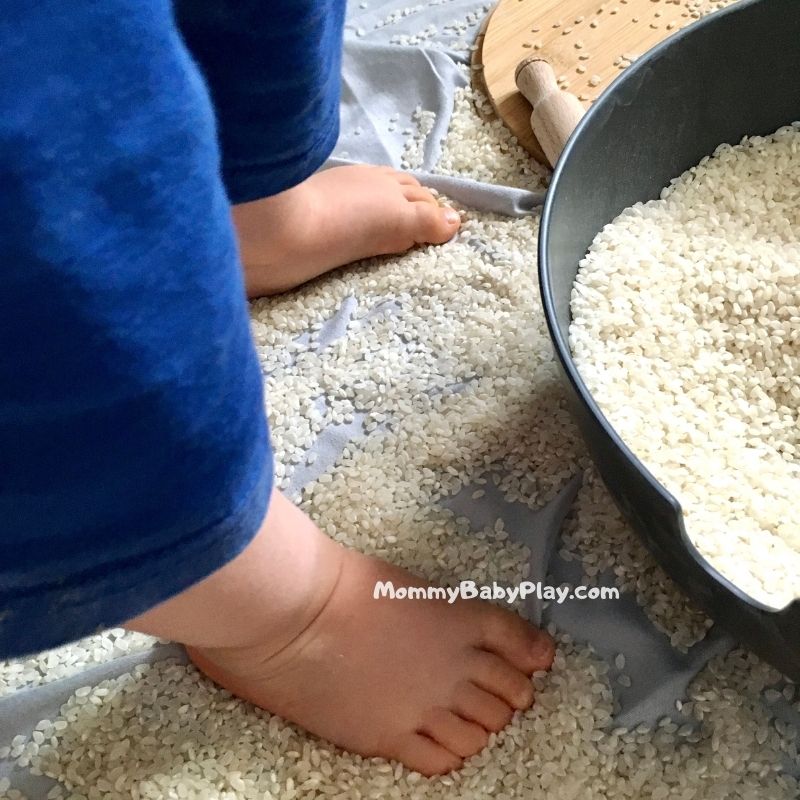
Open-Ended Imagination & Creativity
Sensory play allows children to engage in open-ended activities, allowing their brains to flourish in many aspects. This can help children realize their boundless avenues of play. Imaginative play can create lasting friendships and connections amongst children and their adult figures, benefiting the happiness of both the child and others in their lives.
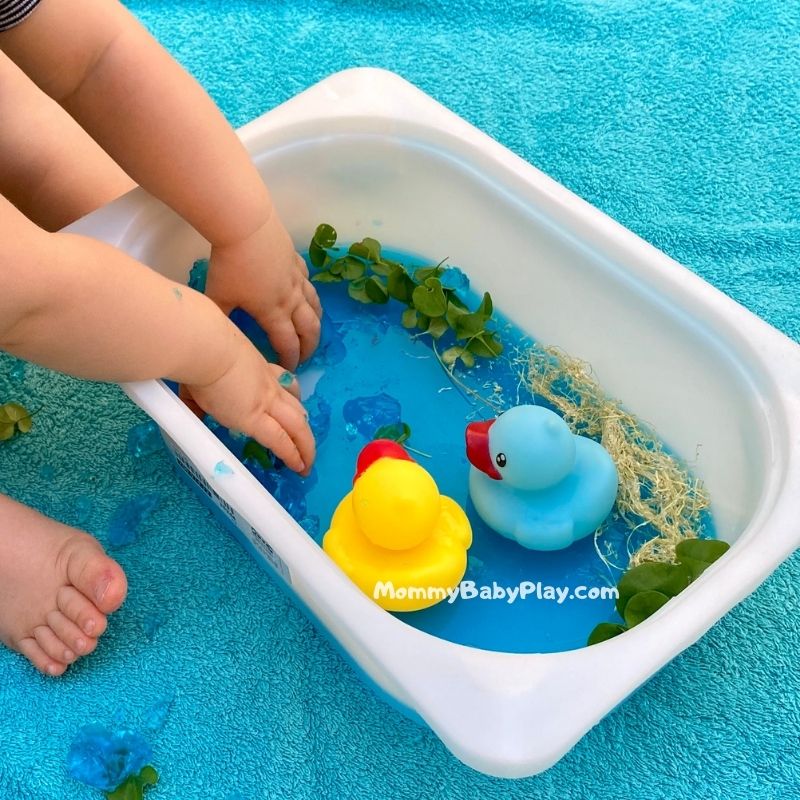
Calming Anxiety & Nervousness
Do you recall the times you have felt nervousness or shyness as a child? Engaging in sensory play can help a child shift their mind to a more positive outlook, providing a temporary “break” from the source of anxiety. By providing a safe space to explore, discover, and play to their heart’s desire, your child’s mood can be uplifted, boosting their confidence in every-day activities.
Enhancing Problem-Solving Skills
Sensory play allows children to observe and experience their environment at their own pace. This type of play can help them understand cause-and-effect relationships among the objects they use with their five senses. It encourages them to learn to use items to aid them in a specific task they want to accomplish. Children are naturally curious; they will wonder, observe, manipulate objects, and will see the effects of their decisions while playing.
CHECK ALSO: Games for 1 Year Olds {You Will Both LOVE}
Why is sensory play important in my child’s life?
By taking part in sensory play, children will continually build long-lasting memories. It renders them better-prepared for learning throughout their lives, preparing them mentally and physically for daycare, school, and their eventual careers.
What are some of the sensory play activities that I can provide my child?
Parents shouldn’t have to worry about spending a fortune on toys and other materials. Nature itself provides some of the most intriguing learning materials. You can also keep it simple and start with the every-day household items you already have within reach.

Here are some materials that you can provide your child for sensory play:
● Encouraging a baby to gently touch small pieces of different textures, such as cloth, fur, and a new kitchen sponge.
● Playing peek-a-boo or hide-and-seek with your child with a blanket.
● Singing different genres of songs or playing a musical instrument together.
● Taking a walk in the park to smell the blooming flowers and freshly-cut, green grass.
● Introducing different foods of varying colors, textures, tastes, and safe temperatures.
CHECK ALSO:
- 12 Classical Music Books {Babies & Toddlers Will Absolutely Love}
- 27 Musical Instruments For Babies That Grow With The Child
There are countless ways to help encourage your child to partake in sensory play activities. In every home and backyard, there are various materials available for your child to discover.
Another great way to provide sensory play invitations is by setting up some simple sensory bins.
They work great both for indoors and outdoors and it takes just 2 minutes to set them up.
2-Minute Set-Up Sensory Bins For Young Toddlers
Another go-to- favorites that my little one will spend A LOT of time in engaged play are:
- Spaghetti Sensory Bin {Super Simple & Fun}
- Playdough Play For 1 Year Old {Easy Set-Up, Hands-On Learning}
Undoubtedly, there are thousands of options for children’s toys that are beneficial for your child’s development, like building blocks, wooden toys, or molding clay, to name a few.

But among all, we’ve hand-picked a few that babies and toddlers will absolutely love.
Will my child’s sensory play activities make a big mess?
Many parents will dread the sheer amount of chaos that kids can create within a tidy space. There’s no doubt that children love to get messy! Most parents don’t want to deal with the mess that comes with sensory play.

Regardless of the mess to come, sensory play is a significant contributor to your child’s brain development.
If you’re a parent, remember that your children will only be kids for a few short years. Most sensory play is not designed to be structured. This is a time for your child to explore their world with little limitation. Embrace the chaos, allow your children to engage in their senses, and reap the benefits of their new-found skills. Be proud of your kids for their creativity and ingenuity. As long as you can provide your child with a safe and secure space to play, they should get as messy as their heart desires. Encouraging your child to help you clean up afterward is crucial to teaching them responsibility. Once they realize they’ll need to help you clean, they may think twice before making such a big mess.
Overall, the greater the opportunities you give your child to explore all five of their senses, the more appreciative of the world they’ll become.
Here are some “takeaways” from watching my child engage in sensory play:
- A child needs a safe environment for sensory play.
- During sensory play, a child shouldn’t need to be ridiculed for the mess they make.
- Your child should help clean themselves and clean their area once finished.
- Sensory material “rotation” will help a child explore all of their senses. Regularly rotate sensory materials to keep things fun and interesting.
- Every child will have different preferences in the way they explore their senses.
- If your child doesn’t like a particular texture, never force your child to “get over it.” Move on and invite them to try it again another day.
- Never force children to play together if they don’t want to. Natural human interaction is best.
- A child’s sensory playtime should be a unique experience every time.
- Importantly, the more they’re allowed to explore their senses safely, the less trouble they’ll seek out in the present and future.
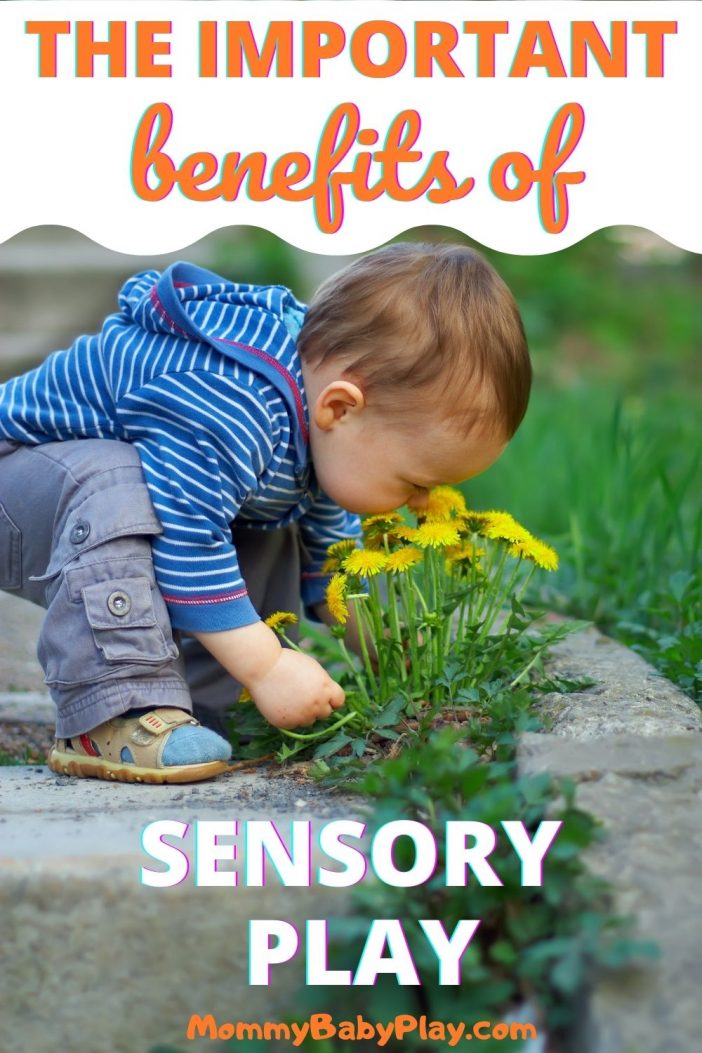
I hope this introductory guide to sensory play has helped you and your family!

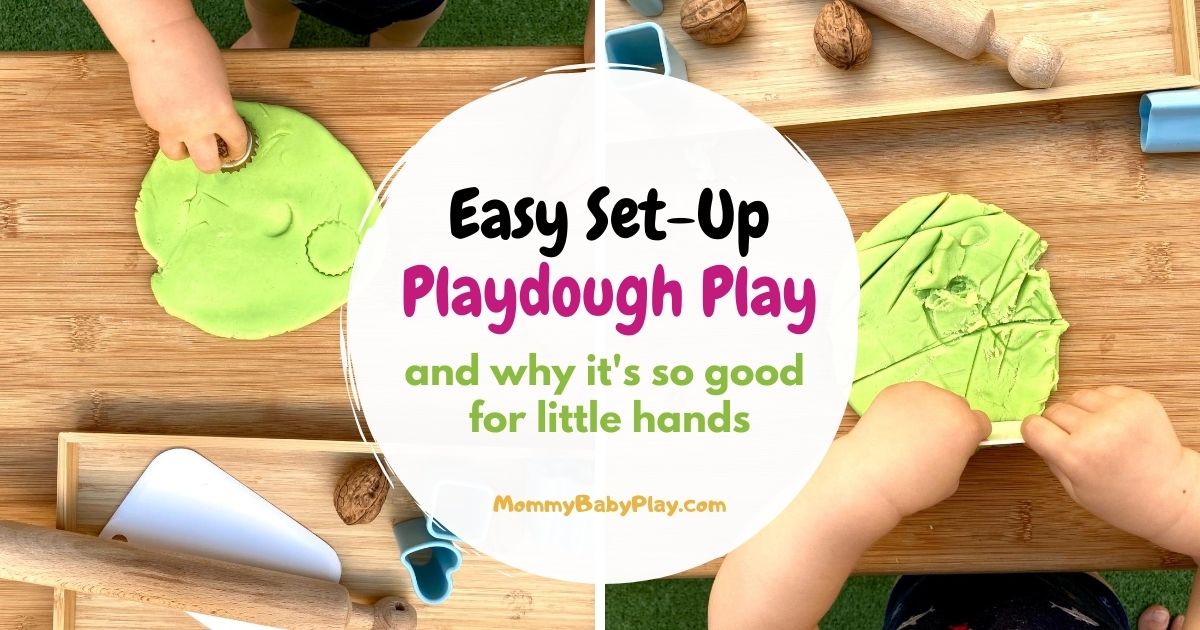
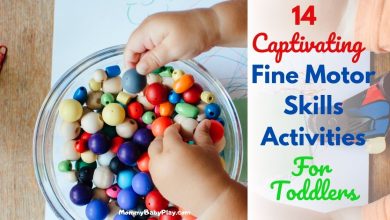


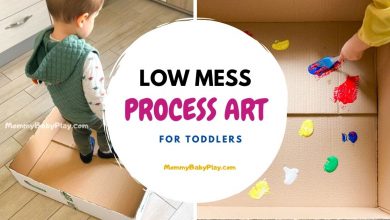
7 Comments